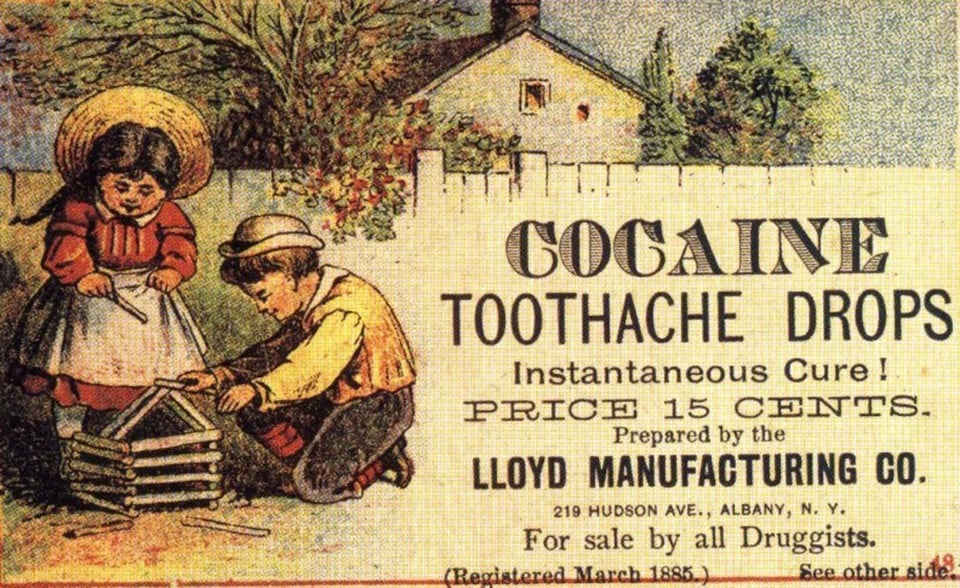Mark Zuckerberg Is A Digital Narcotics Dealer
In a recent newsletter I referred to Mark Zuckerberg as a digital narcotics dealer, which readers seemed to enjoy. I briefly wondered if I was overstating the matter until I read about how schools are worried students will skip meals in order to use their phones.
Some context: Oregon, like many states, is prohibiting students from using their phones during the school day. Many who work for school districts are concerned that high school students, who are permitted to leave campus during free periods including lunch, will opt out of free meals in favor of scrolling on their phones off campus. "I think they’ll pick the cellphone over the food," Helena Chirinian, a school superintendent in Southeast Oregon, told Jefferson Public Radio.
Think about that for a moment. Social media is so mind-numbingly addictive that school administrators are concerned that teenagers will skip free meals so that they can scroll for an hour. This is the world Mark Zuckerberg, and other digital narcotics dealers, have built.

The internet, which could have been the greatest tool for sharing knowledge the world has ever seen, has largely been reduced to a dopamine delivery system so potent that educators fear children will skip meals for a quick hit. None of this was inevitable. It was the consequence of specific design choices, informed by psychological research. They did this on purpose.
There's a saying among drug dealers: don't get high on your own supply. And there's a joke among Silicon Valley parents: the whole point of working in tech is to make enough money to send your kid to a school without laptops. Which is all to say that the people who are making our world worse are fully aware that's what they're doing. This did this on purpose.
This is what I mean when I call Mark Zuckerberg a digital narcotics dealer. His products, and other social media sites like them, are designed to be addictive, regardless of the consequences. He is the modern equivalent of a tobacco CEO, knowingly profiting from a product he knows is causing problems. Our current toxic information ecosystem, our loneliness epidemic, and our reduced attention spans are all byproducts of the design choices that make him and other digital narcotics dealers wealthy. Even enabling a literal genocide doesn't seem to prompt any moral questioning on their part.
So I think we need to stop calling Mark Zuckerberg a tech CEO. Technology refers to tools humans use to make life better—his services aren't that anymore. Sites where you could once connect with friends now serve up AI-generated slop and memes designed to appeal to your current ideology, all in the service of taking up as much of your time as possible. You can't use these products as tools—they can only use you.
Stuff to check out
The great myth of empire collapse Luke Kemp/Aeon As it turns out, for the common person life is often better afterthe fall of an empire.
AI will not make you rich Jerry Neumann/Colossus A new tech can change the world and still be a terrible investment.
How the internet died Matthew Hughes/What We Lost My friend is on a roll with his newsletter—check it out.
Doomscroll I promise this is more literal than you're thinking.
Stuff I wrote lately
This App Can Actually Keep You From Using Your iPhone Lifehacker This tool is totally free and has a unique way of cutting off digital narcotics.
3 outdated computer myths PopSci
The science behind what we eat for breakfast PopSci Turns out we think of bacon and cereal as "breakfast food" because of marketing campaigns.